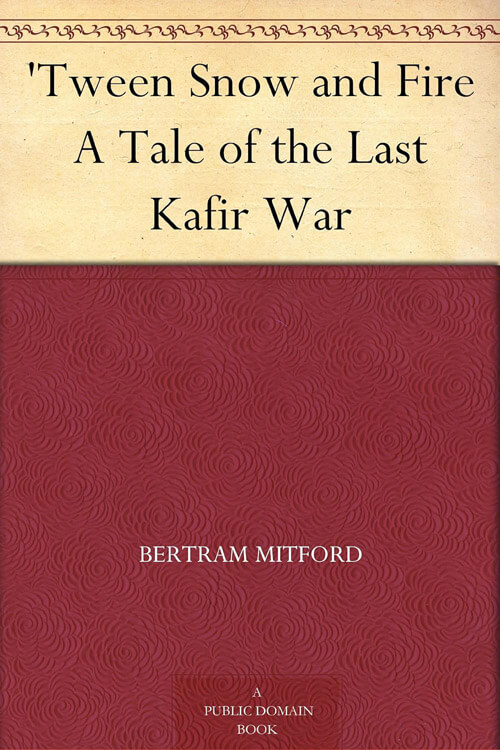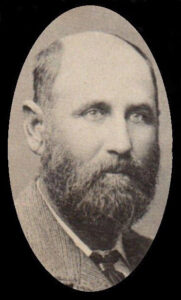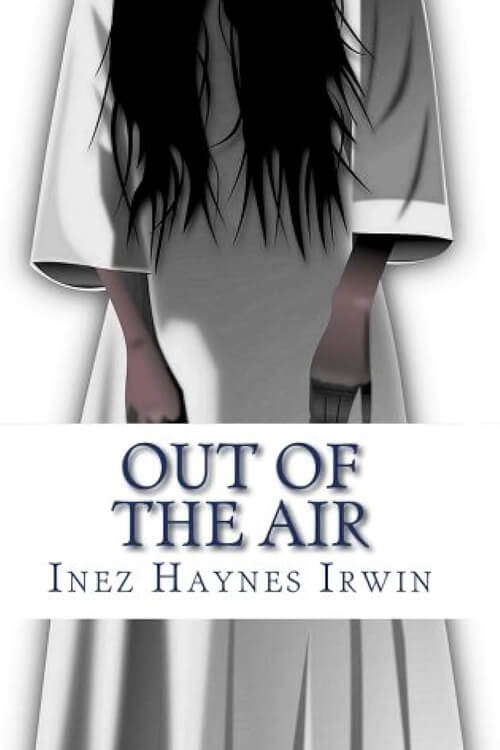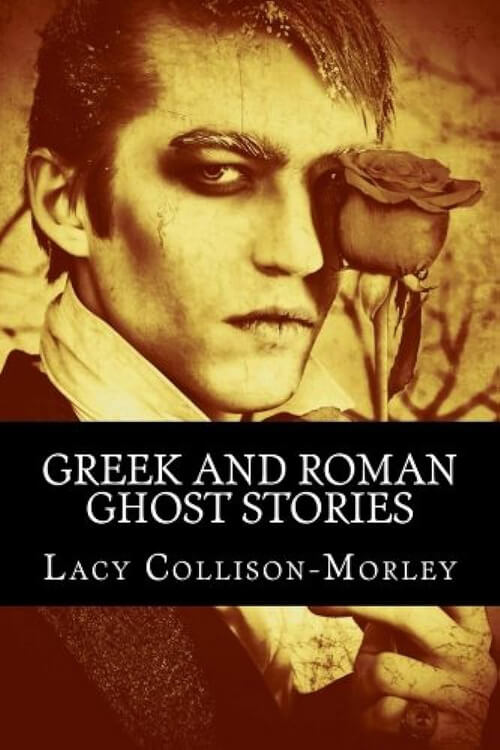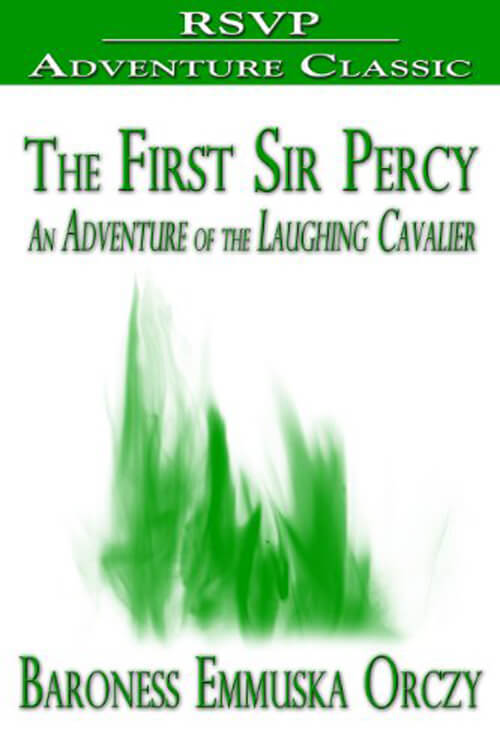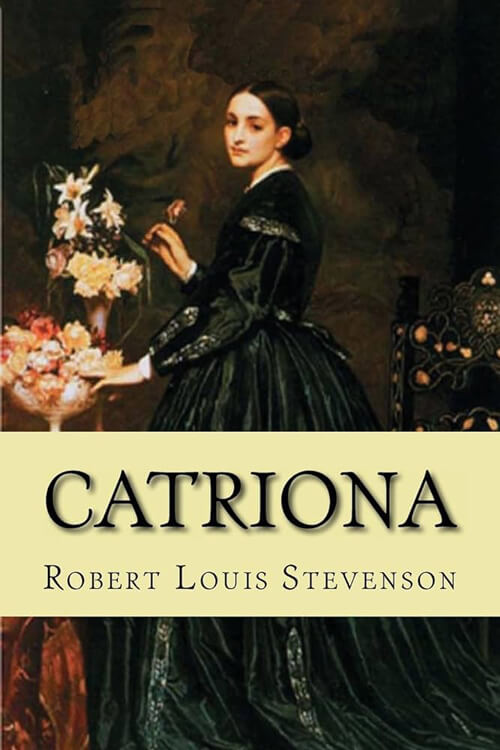
‘Tween Snow and Fire: A Tale of the Last Kafir War
Shoot again, Umlilwane—shoot again, if you dare. Hau! Hear my word. You have slain my white hunting dog, the last of his breed, who can outrun every other hunting dog in the land, even as the wind outstripped the crawling ox-wagon, and you have shed my blood, the blood of a chief. First, you had better cut off your right hand, for it is better to lose a hand than one’s mind.
This is my `word,’ Umlilwane–bear it in memory, for you have struck a chief–a man of the House of Gcaleka.” [Umlilwane: “Little Fire”–Kafirs are fond of bestowing nicknames. This one referred to its bearer’s habitually short temper.] “Damn the House of Gcaleka, anyway,” said Carhayes, with a sneer as the savage, having vented his denunciation, stalked scowlingly away with his compatriots. “Look here, residence,” [fool], he continued. “This is my word. Keep clear of me, for the next time you fall foul of me, I’ll shoot you dead.
Read or download Book
Bertram Mitford
Bertram Mitford (13 June 1855 – 4 October 1914) was a colonial writer, novelist, essayist, and cultural critic who wrote forty-four books, most of which were set in South Africa.
Biography
He was a contempBertram Mitford was born in Bath in 1855, educated at Hurstpierpoint College in Sussex, went to South Africa in 1874, living in Cheltenham 1881, married Zima Helen Gentle, daughter of Alfred Ebden, 9 March 1886 in Brighton, had daughter Yseulte Helen 3 June 1887 (died July 1969), had son Roland Bertram 17 June 1891 (died 16 April 1932), living in London 1891, and died in Cowfold, Sussex of liver disease in 1914. ordinary of H Rider Haggard.
A member of the Mitford family, he was the third son of Edward Ledwich Osbaldeston Mitford (1811–1912). The latter became the 31st Lord of the Manor of Mitford in 1895 (following the death of his brother, Colonel John Philip Osbaldeston Mitford) and died at Mitford Hall, Northumberland, in 1912.

